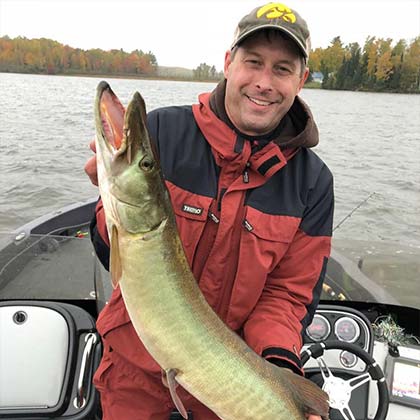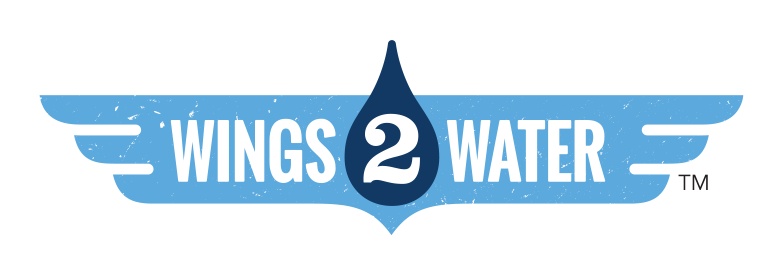A solution that benefits everyone.
“To do good, you actually have to do something.”
-Yvon Chouinard, Founder of Patagonia
An issue that impacts us all.
Flooding, groundwater and surface water pollution are at all-time highs in Iowa and elsewhere. Human practices, including filling in wetlands, create conditions that harm both humans and the environment and cost untold millions to clean up after the fact. Nitrate pollution alone has cost Iowa taxpayers more than $80 million, with more spent each year. Contamination of drinking and recreational water, increased flooding and health concerns are just a few harmful impacts we need to address now.
An issue that impacts us all.
We’ve witnessed firsthand the devastating effects that flooding and chemical contamination can have on our land, our waterways, and our communities. The deteriorating state of Iowa’s rivers and streams has already cost taxpayers more that $80 million in equipment to remover nitrates. The burden is further passed along to the taxpayers when the nitrate-removing equipment needs to be run more frequently.
A solution that benefits everyone.
See how wetlands slow and store storm water to help reduce adjacent and downstream flooding and contamination.
Winner
Iowa Environmental Council’s Pro H2O Business Innovation Award

TRAVELERS & RESIDENTS
Your tax-deductible donation goes toward supporting water quality initiatives

Examples of Wings2Water-supported Projects
Morgan Creek Park Wetland Complex
“Wings2Water, with its innovative viewership and fundraising approach, is a key partner to the success of the Morgan Creek Park project. Their approach is key to helping Linn County Conservation build its partnership and fundraising plan for this project, which at its core promotes stewardship of our waterways and natural resources. Wings2Water has helped inspire our community … to promote a healthy environment through sound watershed management.”
Daniel Gibbins Deputy Director
Linn County Conservation
F.W. Kent Park Lake
The funding we received through the Wings2Water program [was] used to restore about 10 acres to prairie and wetland in the watershed of Kent Park Lake… The area was used as a feedlot for cattle and all the runoff was going directly into our lake. We have been monitoring water quality coming from the site for [over] five years… and the difference is remarkable since the cattle were removed. Bottom line is, this project will have profound positive impacts on improving water quality in Kent Park Lake through reduction of bacteria and nutrients (primarily phosphorous).
Larry Gullett Executive Director
Johnson County Conservation Board

Did You Know?
Restoring and preserving wetlands:
- Reduces nitrogen levels by 54%
- Reduces flooding and runoff
- Reduces ground and surface water pollution
- Saves taxpayers money


MAKING AN IMPACT
With Wings2Water, we have created both a platform and a funding stream for water improvement throughout the Mississippi River watershed. From advocating for more sustainable farming practices that help reduce runoff and pollution to wetlands restoration and flood control, we’re taking important steps to secure clean water and healthy ecosystems for generations to come. The time is now to take these steps. Please consider joining us.
Marty Lenss Founder/President, Wings2Water

HELP US IMPROVE:
Drinking Water | Recreational Water | Wildlife and Fish Habitat
HELP US REDUCE:
Water and Soil Pollution | Flooding and Runoff | Costs to Taxpayers
Charitable contributions are tax deductible under Section 501(c)(3) of the Internal Revenue Code.

THE GLOBAL IMPACT
The Gulf’s seafood industry provides more than 40% of our nation’s seafood; Louisiana is second in seafood production in the U.S.

The science is settled—the Dead Zone is a solvable problem. Now, supporters of Wings2Water have a chance to lead the way.
The Time for Action is Now
The solutions are no secret. We know what needs to happen and we are in a position to do something meaningful about it. Besides, proactive measures are cheaper and more effective than reacting to disasters and destruction after they happen.







